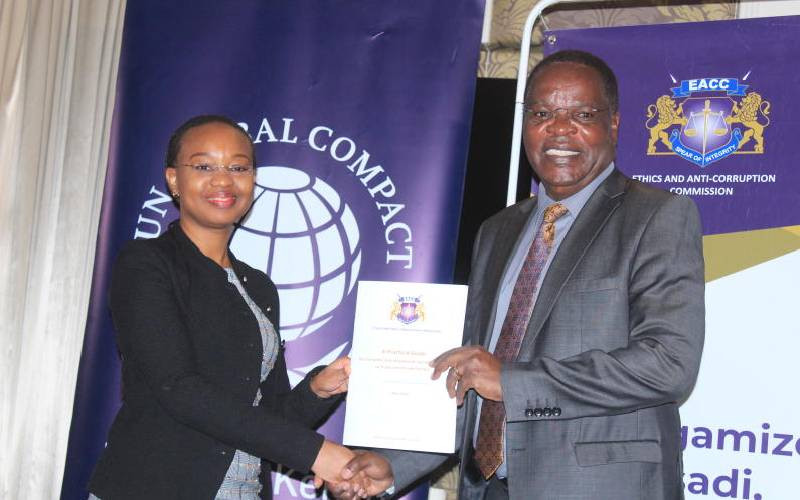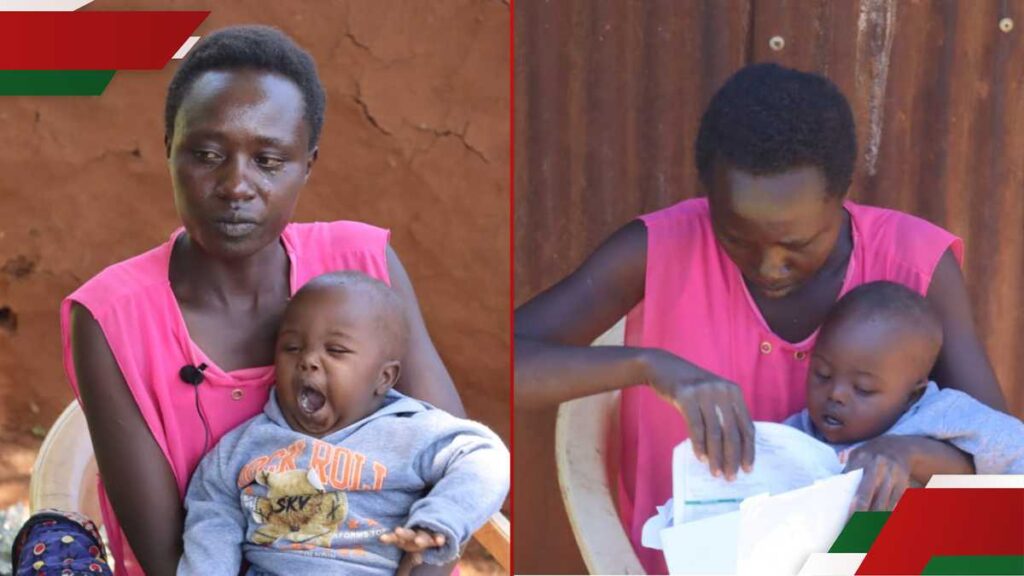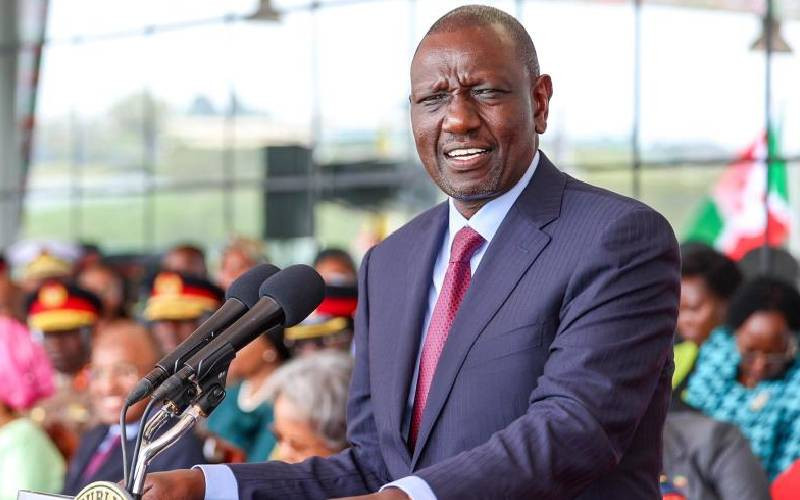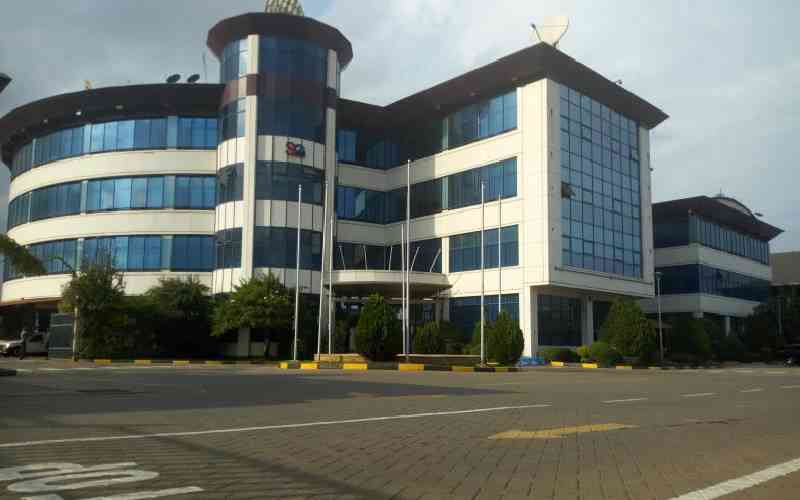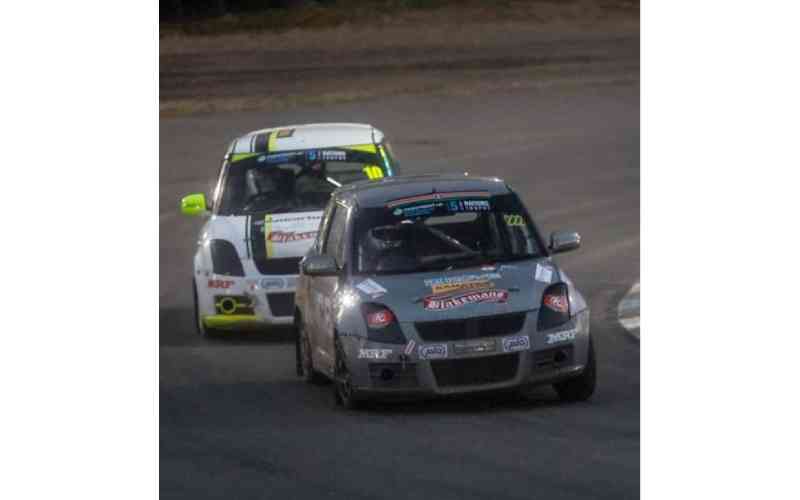The Ethics and Anti-Corruption Commission has said that its fight against corruption is getting obstructed by Kenyans who cheer on corrupt individuals.
The commission said that whenever high profile individuals are arrested, Kenyans later on follow them with chants pushing for their release or they receive a heroic welcome after being released.
The remarks were made on Friday by EACC Chairman Bishop David Oginde during the launch of a practical guide for corruption risk assessment and management by public and private entities.
The report was compiled by the EACC in collaboration with United Nations Global Compact Network Kenya.
“Our society is rapidly degenerating. When you see people celebrate the negative and defend evil, it tells you our conscience is dying,” said Oginde adding that this severely undermines their mandate.
“When we go after the so-called big fish, the same people who call for justice mobilize to defend them, citing politics or tribal affiliations,” the chair stated.
He cited a recent case in Kitale where EACC officials were attacked and their vehicles destroyed during a raid at Trans Nzoia governor George Natembeya’s residence on May 19, 2025.
EACC expressed frustrations at being obstructed during lawful investigations.
“The search process at governor Natembeya’s residence went well until some people came and incited the crowds. They extensively destroyed four of our vehicles. It is important to note that these vehicles don’t belong to the EACC, these vehicles belong to the public,” said Oginde.
The EACC also revealed that their officers faced physical attacks during the operations and that valuable evidence had been destroyed during the confrontations.
Oginde also defended its operation against claims that it avoids investigating senior leaders, including the presidency noting that the commission has a mandate to investigate any public officer, regardless of rank.
EACC Chief Executive Officer Abdi Mohamud in a message presented on his behalf by John Lolkoloi said bribery, conflict of interest, trading of information, manipulation of accounts and tax evasion impose heavy costs on the economy.
He regretted that the vice causes some companies to suffer in the long term from higher cost of production, greater insecurity and an poor business environment.
“Corruption risk assessment and management is therefore a crucial tool for strengthening by practically identifying the basic vulnerability before they meet corruption,” he stated
Stay informed. Subscribe to our newsletter
Adding that, “This approach allows better resource allocation, stronger internal controls and increased transparency and accountability ultimately boosting public institutions,”
Global Compact Network Kenya Executive Director Judy Njino said their role involves mobilizing the private sector of the business community worldwide to be a force for good in society.
“We ask the private sector to make sure that their house is in order and so putting in place the compliance programs to make sure that they’re able to deter those corruption risks at that level but also working collectively with other parties to be able to address the corruption menace,” she said
The corruption risk assessment and management guidelines aim to promote the integrity of the systems by sealing systemic weakness that may facilitate corrupt practices.
Specifically, it aims to undertake a systematic identification, analysis and profiling of potential corrupt risks on the strategic objectives of an entity.
It also provides an environment for engagement with internal and external stakeholders and ownership in corruption prevention and report on implementation of the recommended measures and strategies.








